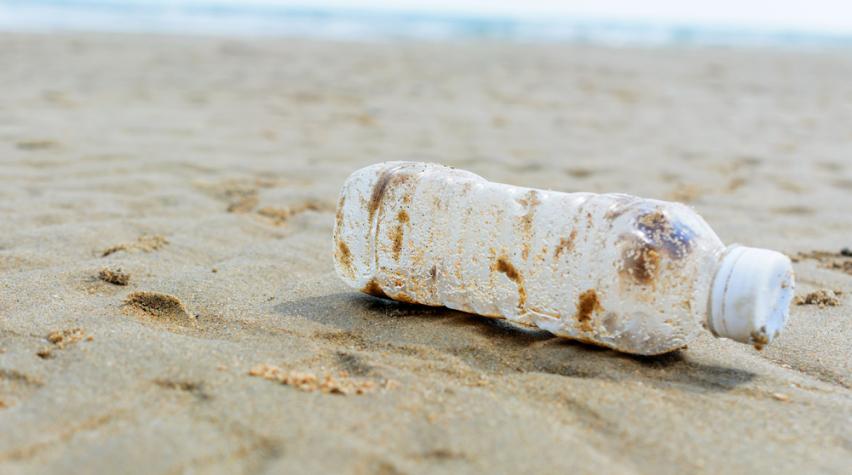
Researchers at the University of California, Irvine, and the Shanghai Institute for Organic Chemistry (SIOC) in China have developed a way to break down the bonds of polyethylene that is both less toxic and more energy efficient. What's more, the method provides a source of liquid fuel.
Bags and bottles become fuel
Common current methods for recycling polyethylene rely on caustic chemicals or intense heating to beyond 700° F to break down polymer bonds. The new technique focuses on the use of alkanes to scramble and separate polymer molecules into useful compounds.
This new technique is less energy intense and less toxic in its approach, which relies on cross-alkane metathesis. Part of this technology's advantage is that the materials needed are byproducts of oil refining, which means they're widely available and plentiful.
The researchers continue to work to improve their technique further, seeking to boost efficiency even more. They hope to increase the catalyst activity and lifetime, decrease the cost, and in pursuit of additional catalytic processes to addressaddress other types of plastic waste.
You can learn more about this new technology in the researchers' published work which appears in Science Advances.


